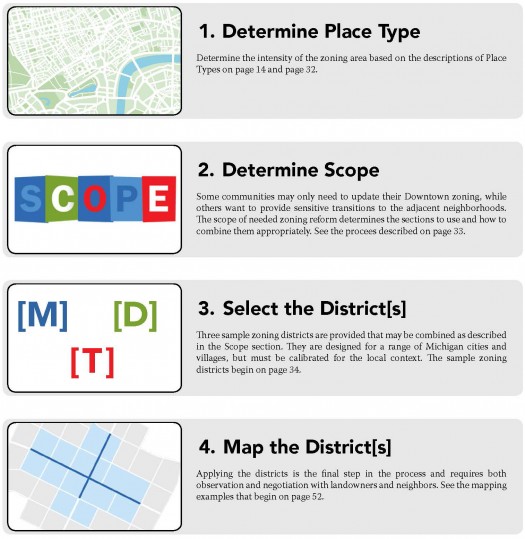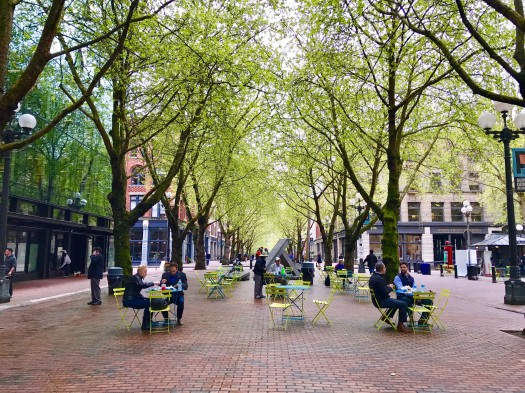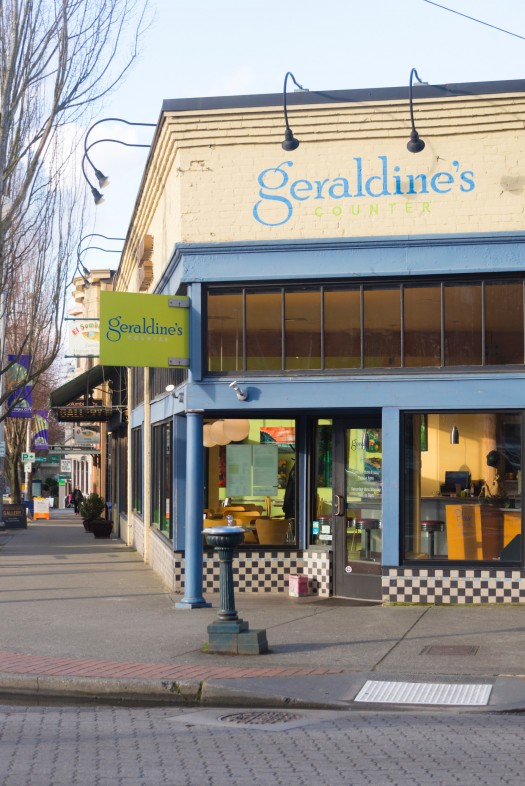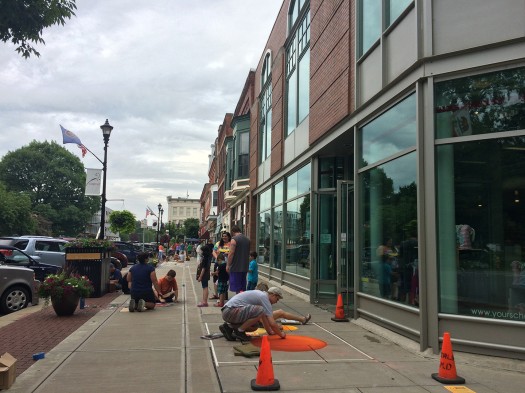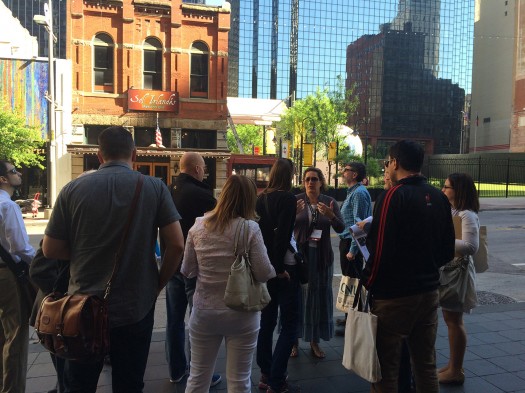Posts Tagged ‘Lean Urbanism’
A new path to code reform
The Users’ Guide to Code Reform leads planners through the code reform process, providing tools for governments lacking the capacity to develop a full form-based code.
Read MoreCNU 25 Seattle: Highlights from the silver anniversary
Last week was the 25th annual Congress for the New Urbanism, where 1,400 city planners, architects, developers, economists, and mayors from around the world gathered to discuss the future of cities. Hosted in collaboration with the Urban Land Institute, comprised of an additional 6,000 developers and builders, the two events brought significant inspiration and insight…
Read MoreHello Seattle: Project for Code Reform
As most of us at PlaceMakers settle into Seattle for this week’s 25th Congress for the New Urbanism, we look forward to seeing many of you on the west coast. For those of you who can’t make this year’s congress, be sure to check in with the social media hashtag, #CNU25. We’ll bring you a…
Read MoreLean Code Tool
We believe form-based codes are the most efficient, predictable, and elegant way to assure high levels of walkability and urbanism – even in more rural environments. However, the political and staff capacity of many local governments is not prepared for a full zoning reform effort. CNU is developing an agenda of incremental code reform that…
Read MoreFrom Ideas to Action: Cheaply, quickly, fairly
Last week, in the Congress for the New Urbanism’s “Public Square” blog, sociologist David Brain outlined strategies for a Lean charrette, which is a work-in-progress concept designed to match up with Lean Urbanism strategies. Opportunist that I am, I welcome that as an excuse to try Part 2 of the charrette discussion I offered here.
Read MorePlaceMakers’ Intrepid Inside-Baseball Highlight Reel from CNU23
Having just wrapped up what may have been our favorite CNU ever, in Dallas on April 29 through May 2, we want to share some of the ideas that resonated the most with us. The topics below are snippets of great insights from many voices, including the likes of Andrés Duany, Fort Worth Mayor Betsy…
Read MoreStay Hungry. Stay Foolish. The DNA of urban succession
Steve Jobs ended one of his most memorable speeches with the encouragement, “Stay hungry. Stay foolish.” He was quoting the message on the final page of the final publication of The Whole Earth Catalog, Stewart Brand’s version of pre-Google, assembled with typewriters, polaroid’s and scissors. Jobs’ point for me was to realize that the hunger…
Read MoreLean Urbanism: A century practice?
Spending time in Victoria Beach, I’m again enjoying one of Manitoba’s best examples of Lean Urbanism, experienced with family and friends. Many of you heard me talk of the history and practice of this place last year. This 100-year old cottage community, accessible to most ages on foot and bike, has much to share with the…
Read More

